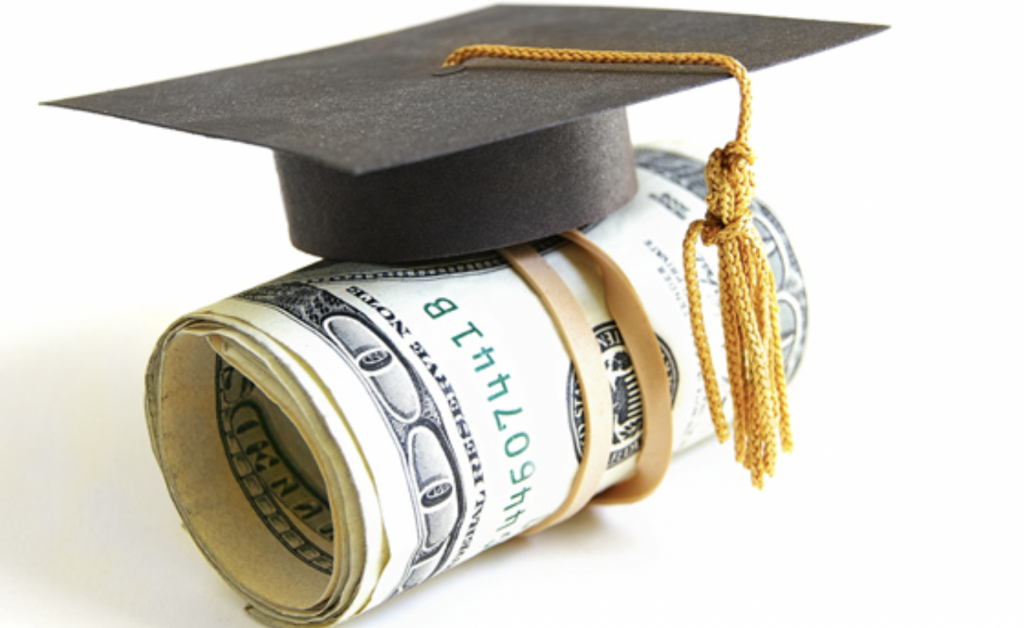One of the main concerns for students across the U.S. is whether they will be able to pay their student loans and how long it will take. Did you know that, according to some statistics, it takes around 20 years for an average student to pay off their student loan debt? In worst-case scenarios, that number goes up to a disheartening 45 years. It’s tough, we know. Let’s look at the numbers in more detail, and then we’ll give you some tips and tricks on how to manage your loan in a way that will minimize headaches related to paying it off.
The U.S. Student Loans in Numbers
According to Statista’s research results published in October 2021, during the academic year 2020/21, $95.9 billion was offered to students in the form of student loans. Just for comparison, back in 2000/01, the total offered was only $59.3 billion. Another eye-opening statistic shows that in Q1 of 2006, the value of outstanding student loans stood just above $480 billion, while in the Q3 of 2021, it surpassed $1.75 trillion.
As much as it can be frustrating to ensure your monthly payments are regularly taken care of, it is the best strategy possible if you want to avoid dragging your loan payments out. As long as you stick to it, you will avoid getting yourself into a severe debt crisis. There are two main types of student loans, and here’s how they differ in terms of repayment plans.
Federal Student Loans
Federal student loans are backed up by the government, whose terms and conditions are set by the law. As they are government-guaranteed, they come with certain benefits private student loans do not include. When it comes to repayment plans with federal student loans, they usually range from ten to 30 years. Each repayment plan has its own terms and requirements, which is why it is essential you carefully look into every option.
Private Student Loans
Private student loans are a bit different than federal ones. Most private student loan companies offer five, seven, ten, and 15-year terms. Twenty and 25-year terms aren’t as frequent, but some companies offer them as well. The plan terms depend on the loan lender, the total amount you borrow, and the monthly installment you agree to pay.
In general, if you go for a shorter repayment period, you will have a lower interest rate, but your monthly payments will be higher. Therefore, you should think about your long-term goals and calculate how much you’ll be able to pay off reliably each month.
Tips for Paying off Your Loan Faster
Paying off your loan doesn’t necessarily have to be so stressful. As long as you find a system that suits you and implement some of the following strategies, you should be able to manage it just fine.
1. Create a budget and stick to it.
The first and the most crucial rule you should have in mind is to always stick to your monthly budget. If you have a student loan, you need to count that installment into your regular monthly expenses and ensure you can cover it anytime.
2. Pay more than once a month.
Making an extra payment on your student loan isn’t an easy task, but it can be highly beneficial in the long run. If you get a rise at work, you should consider adding the extra funds to your student loan payments. Bonus payments can help reduce the principal of your loan, lowering your interest, too.
3. Pay more than the minimum amount.
If you have the chance, always pay more than your actual monthly installment. That will reduce the total interest over the life of the loan and help pay it off faster. If you decide to make more than a minimum payment, you should let the lender know so they don’t apply it to your next payment instead. And if you have multiple loans, you should always specify which loan that additional payment is for. The loans with the highest interest rates should be your top priority.
4. Refinance your loan to a shorter term.
Refinancing your student loan will help you shorten the repayment term. In some cases, you might even be able to get a lower interest rate and save some serious money on the total interest.

